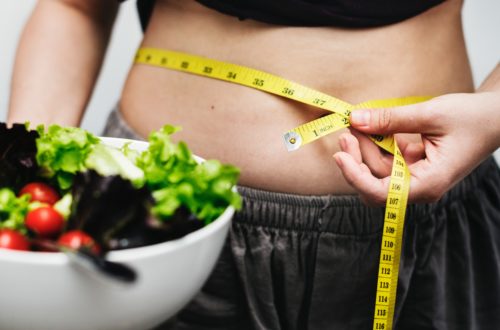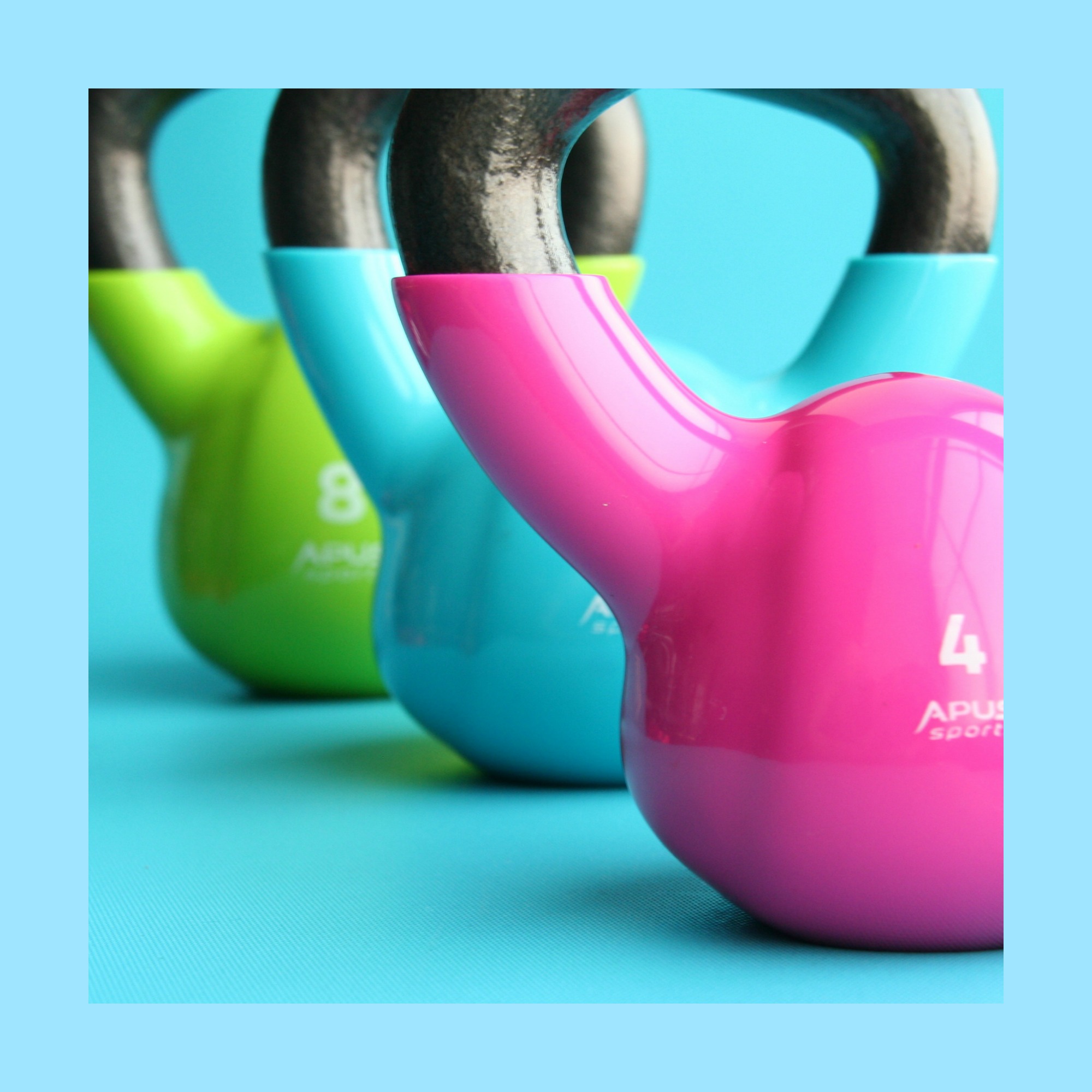How Your Health Needs Change as You Get Older
Did you know? By 2020, the number of 60 year-olds and older will outnumber children younger than 5 years.
And while an increased life expectancy is a good uptrend to have, not everyone is blessed with a long life. Many health issues still occur for those who are averse to living a healthy life.
As that’s the case, eating the right diet and taking care of your body is important as you age.
Otherwise, aging would cause a variety of bad changes like nutritional deficiencies and a decreased quality of life.
Thankfully, there are ways to slow down the aging process, like proper supplement intake, proper and healthy diet, or appointments at aged care facilities like Banfields.
Let’s acquaint ourselves with your health and how your age plays an important role in it.
You Will Need To Eat Less Calories, More Protein
A person’s height, weight, and activity level determine their favorable daily calorie intake.
As you age, your body moves at a significantly lower rate, and you become prone to gaining extra fat. Most of which are found around your belly area.
For postmenopausal women, this is especially true as the decreased estrogen levels add to belly fat storage.
So while eating less makes a better quality of life, you should not skimp on nutrients found in healthy food.
Older people should strive to seek out eating whole foods like vegetables, fruits, fish, and lean meat to make up their smaller calorie intake. They are rich in nutrients, too.
You Can Enrich Yourself With A Protein-Filled Diet
Did you know? The average adult loses 3-8% of their muscle mass after each decade after 30.
It’s one of the causes of weakness, fractures, and other symptoms of poor health.
One way to alleviate this is by eating more protein for your body.
Studies show that older people eating protein or taking protein-rich supplements experience less muscle loss and an increase in muscle mass.
If you take a protein-rich diet with proper resistance training, you can fight against sarcopenia or a loss of muscle strength more readily.
You May Need More Fibre
Did you ever have the displeasure of experiencing constipation?
Constipation is a common recurring symptom for many elderly folks, unfortunately.
It’s most common for those ages 65 and up, and it’s up to two to three times more common in women than men.
Eating fibre can help relieve indigestion as it passes through the gut undigested, helping bowel movements.
Not only that, but fibre-rich foods can also help fight against heart disease. What’s more, it also lowers the chances of cancers like colorectal cancer from forming.
Here are some fibre-rich foods to consider for your next diet:
- Beans
- Oats
- Barley
- Almonds
- Walnuts
Additionally, raw organic fibre is also easily available in pharmacies and health specialty stores.
You May Need More Calcium and Vitamin D
For bone health, you will need to make sure your calcium and Vitamin D needs are met.
Calcium helps keep your bones strong and healthy, while Vitamin D is the nutrient that absorbs calcium.
But as you age, studies show that the gut absorbs fewer nutrients, calcium included.
One way to relieve this is by consuming foods rich in these substances to counter the effects of aging.
Dark green leafy vegetables and dairy products are great calcium-rich foods to start.
Meanwhile, salmon, soy milk, and egg yolk are excellent Vitamin D-rich foods.
Another good resource is supplements rich in these nutrients, which there are abundant numbers found in pharmacies and health stores.
Additionally, your body can also absorb sunlight through your skin, which is a good source of Vitamin D.
You May Need More Vitamin B12
Vitamin B12 has two main functions:
- It keeps your brain clever and healthy
- It is responsible for making red blood cells
As much as 10% to 30% of people ages 50 up experience difficulty in absorbing Vitamin B12 in their diet.
Stomach acids are responsible for the absorption of nutrients, but as you age, their potency gradually weakens.
Over time, this could lead to what we know as Vitamin B12 deficiency.
Elderly people who focus on a primarily vegetable diet are more susceptible to this deficiency.
The reason for that is Vitamin B12 is found in animal foods such as eggs, fish, meat, and dairy.
So to combat this, it is recommended to take Vitamin B12 supplements to make up for a non-animal-based diet.


